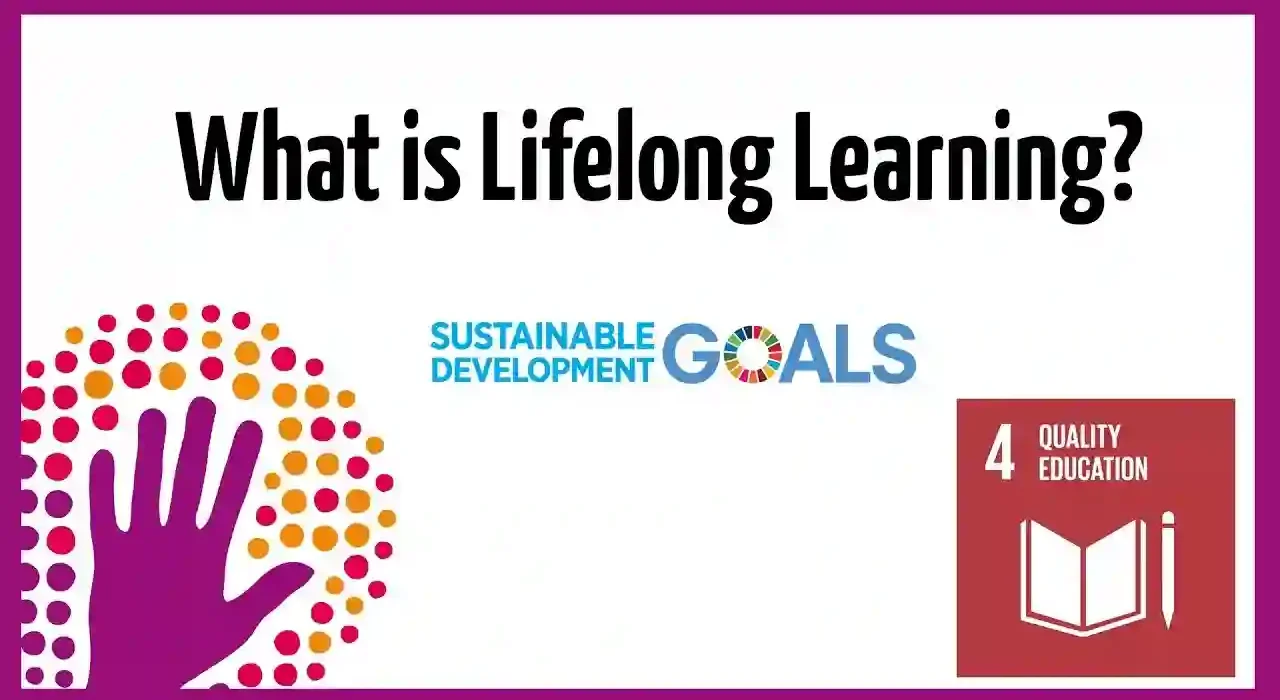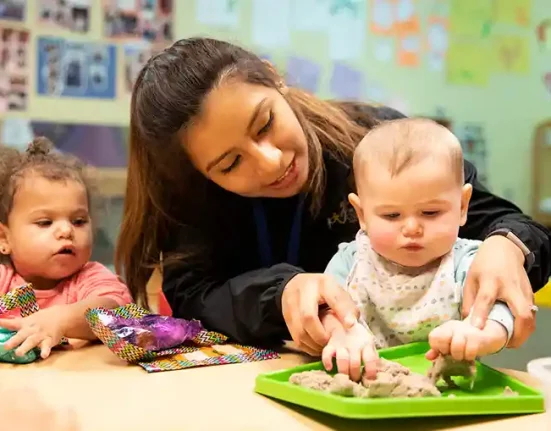Ladies and gentlemen, the connection between education and environmental awareness is not merely coincidental; it’s a powerful partnership that holds the key to creating a sustainable future for our planet. It’s like a beacon of hope in the face of environmental challenges, offering individuals the knowledge and tools they need to become responsible stewards of the Earth. In this article, we will explore how education plays a pivotal role in fostering environmental awareness and promoting sustainability.
To begin with, education is the foundation of environmental literacy. It’s like a map that guides individuals through the complex terrain of environmental issues. When students receive quality education, they gain an understanding of the interconnectedness of ecological systems, the impact of human activities on the environment, and the importance of sustainable practices.
Education encourages critical thinking and problem-solving skills. It’s like a mental gym that strengthens our ability to analyze environmental issues and seek solutions. When students engage in discussions, research projects, and hands-on experiences related to the environment, they develop the cognitive skills needed to address complex environmental challenges.
Moreover, education fosters a sense of responsibility towards the environment. It’s like a call to action. When students learn about the ecological consequences of pollution, deforestation, and climate change, they are more likely to feel a sense of responsibility to protect and preserve the natural world for future generations.
Education promotes environmental stewardship. It’s like a toolbox filled with tools for sustainable living. Through lessons on conservation, recycling, and sustainable practices, students acquire practical skills that enable them to make environmentally conscious choices in their daily lives.
But it’s not just about theoretical knowledge; education encourages hands-on environmental experiences. It’s like a laboratory where students can observe and interact with nature firsthand. Through outdoor field trips, environmental clubs, and community projects, students develop a deep connection to the natural world and a sense of wonder and appreciation for its beauty and complexity.
Education also teaches individuals about the importance of biodiversity and ecosystems. It’s like a window that opens to the richness of the natural world. When students learn about the diverse species that inhabit our planet and the delicate balance of ecosystems, they are more likely to recognize the value of preserving biodiversity and protecting fragile habitats.
Let’s not forget about the role of educators in this process. Teachers are like guides who inspire and nurture the seeds of environmental awareness. A skilled educator can create a classroom environment that celebrates curiosity, encourages exploration, and instills a sense of responsibility towards the environment. Their mentorship is invaluable in shaping the next generation of environmental stewards.
Furthermore, education promotes awareness of global environmental challenges. It’s like a spotlight that shines on issues such as climate change, habitat loss, and resource depletion. When students learn about the global nature of environmental problems, they are more likely to understand the need for international cooperation and action to address these challenges.
Education encourages individuals to take action for a sustainable future. It’s like a call to arms. Through environmental clubs, clean-up initiatives, and advocacy efforts, students learn that their actions can make a positive impact on the environment. This empowerment motivates them to become active agents of change in their communities.
But it’s not just about individual action; education contributes to a cultural shift towards sustainability. It’s like a ripple effect that spreads throughout society. When individuals are educated about the importance of sustainable living, they carry those values into their communities and workplaces. Education helps create a culture that values and promotes sustainability.
Moreover, education prepares individuals for careers in environmental conservation and sustainability. It’s like a pathway to employment that aligns with their passion for the environment. When students receive a well-rounded education in environmental science and sustainability, they are better equipped to pursue careers in fields such as conservation, renewable energy, and environmental policy.
Education also promotes the importance of responsible consumption and production. It’s like a compass that guides individuals toward sustainable choices. When students learn about the impact of their consumption habits on the environment, they are more likely to make choices that reduce waste, conserve resources, and promote a circular economy.
In conclusion, the link between education and environmental awareness is undeniable. Education is not just a means to an end; it’s a powerful catalyst for fostering environmental awareness and promoting sustainability. It encourages critical thinking, instills a sense of responsibility, and equips individuals with the knowledge and skills needed to address complex environmental challenges.
So, whether you’re a student embarking on your educational journey or someone looking to promote environmental awareness and sustainability, remember that education is more than just a classroom experience; it’s a lifelong commitment to becoming a responsible steward of the environment and working towards a sustainable future for all. Embrace the power of education, and let it be the driving force that propels us towards a more environmentally conscious and sustainable world.



